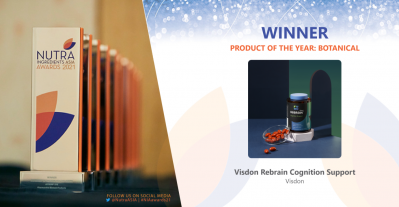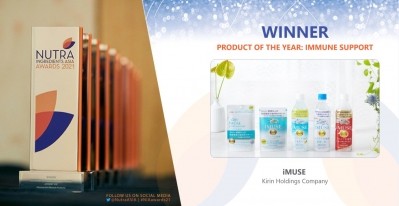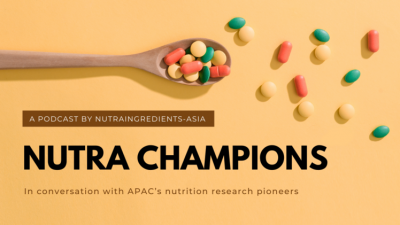Citicoline supplementation shown to improve memory in older adults – Kyowa Hakko Bio-funded 12-week RCT

Episodic memory refers to the ability to remember and recall specific events, such as identifying when and where an object was encountered.
A decline in episodic memory often manifests as the inability to recall past events or retrieve lessons from past experiences. Episodic memory tends to decline with age.
As for citicoline, it is a naturally occurring mononucleotide comprising of cytosine, ribose, pyrophosphate, and choline.
It is said to provide neuroprotective benefits by increasing cerebral metabolism, increasing dopamine levels in the central nervous system, and protecting cell membranes by accelerating the re-synthesis of phospholipids.
Existing human clinical trials have shown that citicoline supplementation has improve attention in middle aged women and in adolescent males.
Writing in The Journal of Nutrition, a group of researchers found that citicoline could improve memory in older adults age between 50 and 85.
A total of 100 participants with age-associated memory impairment (AAMI) were recruited and 99 of them completed the trial.
They were randomised to receive two capsules containing 250mg of citicoline trademarked Cognizin or placebo per day for 12 weeks. The test materials were provided by Kyowa Hakko Bio.
The effects of citicoline supplementation were assessed via cognitive assessments during mid-way and at the end of the trial.
Cambridge Brain Sciences computerised tests were used for assessing the participants’ cognitive function.
Results
Supplementation of citicoline had significantly improved episodic memory in the intervention group from baseline and by the end of the trial, the intervention group had significantly better episodic memory than the placebo group.
The researchers found that the scores for paired associate task – the test used to assess episodic memory – had significantly increased from the baseline of 3.92 ± 0.11 to 4.04 ± 0.11 for the intervention group at week 12.
As for the placebo group, their score for paired associate task was 3.86 ± 0.13 at baseline and slightly increased to 3.92 ± 0.14 at week 12.
By the end of the trial, the intervention group had a significantly better episodic memory performance than the placebo group, with a p-value of 0.0025.
Overall memory of the intervention group had also improved to a greater extent as compared to the placebo group.
Overall memory was assessed using composite memory test.
Result of the composite memory test significantly increased from the baseline of 75.6 ± 1.4 to 79.1 ± 1.7 for the intervention group, whereas the placebo group’s score saw a smaller improvement from 74.8 ± 1.5 to 75.5 ± 1.8.
By the end of the trial, the composite memory score for both groups was significantly different, with a p-value of 0.0052.
The findings suggest that regular consumption of citicoline may be safe and potentially beneficial against memory loss due to ageing, said the researchers.
“Compared with those taking placebo, participants taking citicoline demonstrated a significant improvement in episodic memory assessed using the Paired Associate task and overall memory assessed by the composite memory score,” the researchers said.
This research was sponsored by Kyowa Hakko Bio – a subsidiary of Japan’s Kirin Group.
It is also said to be the first trial that studies the daily supplementation of 500mg of citicoline and its effects on memory in older adults.
Safety
There were six cases of reported adverse events in the intervention group and two cases in the placebo group.
Examples of the adverse events include increased appetite, weight gain, increased flatulence, headache, and increased burping.
The researchers said that the cases were mild and transient and were not unexpected based on previous studies with citicoline, said the researchers.
Source: The Journal of Nutrition
Citicoline and Memory Function in Healthy Older Adults: A Randomized, Double-Blind, Placebo-Controlled Clinical Trial
https://doi.org/10.1093/jn/nxab119
Authors: Eri Nakazaki et al


















